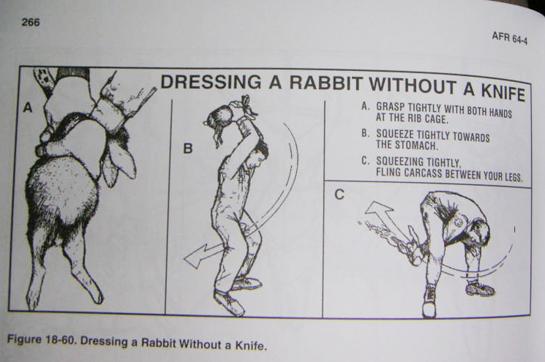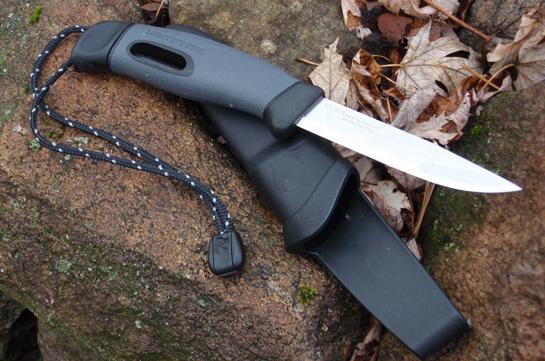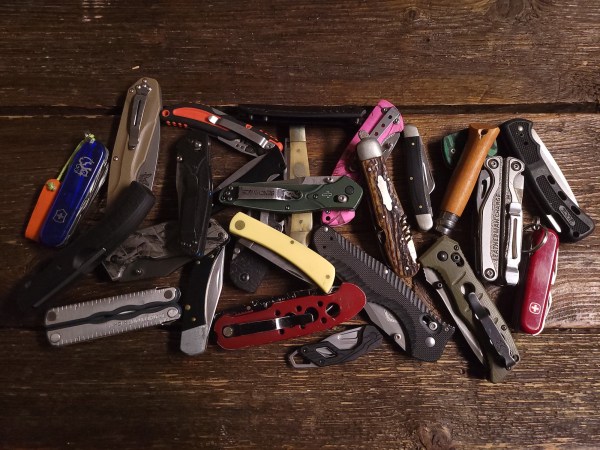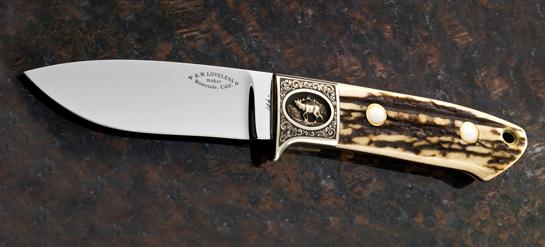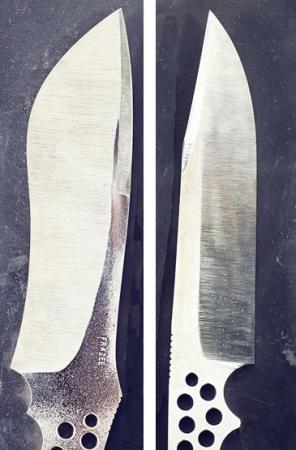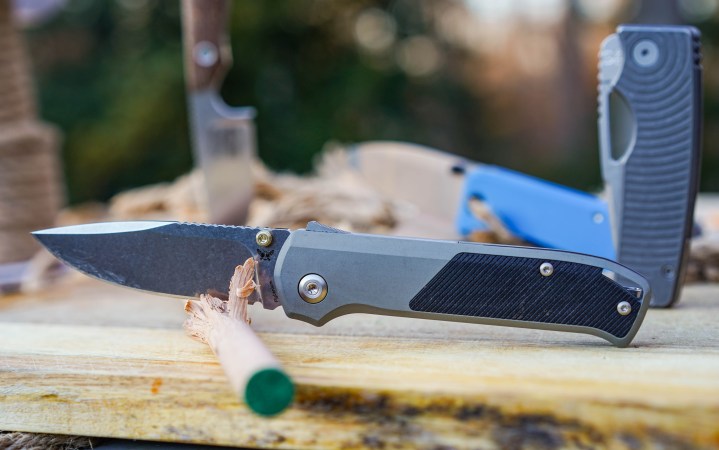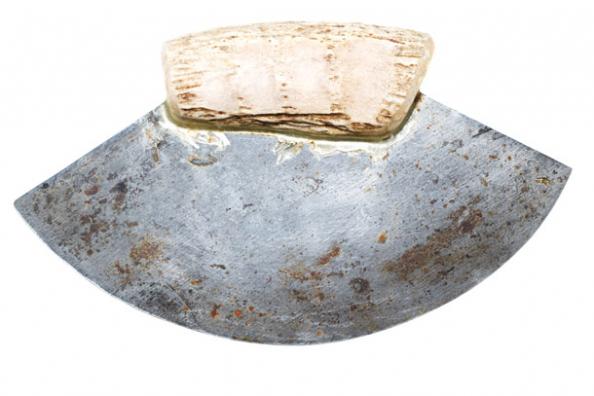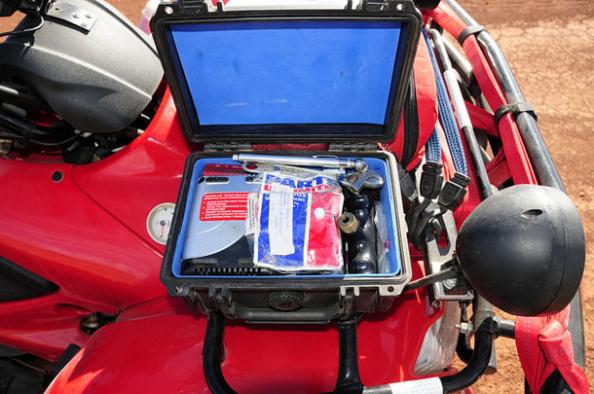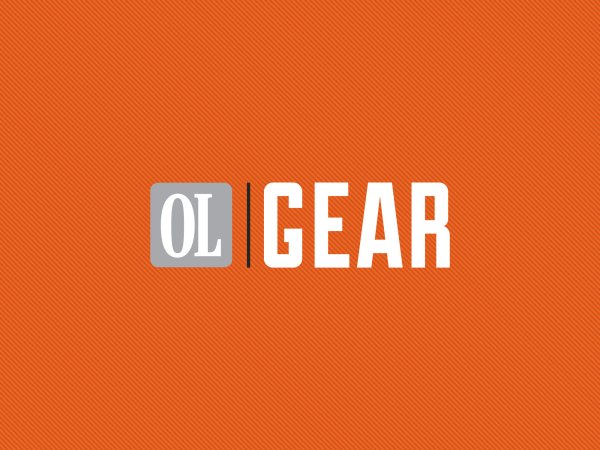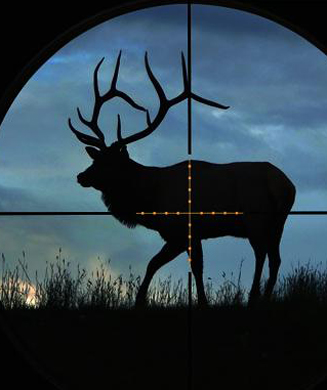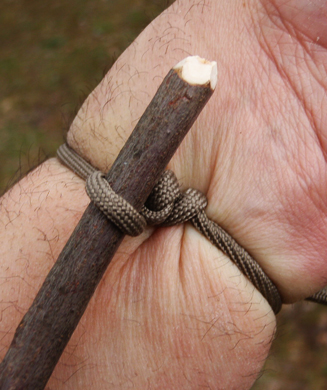We may earn revenue from the products available on this page and participate in affiliate programs. Learn More ›
Years ago, while working for an independent hardware store, Ken Griffey got some advice from the store’s owner.
“You’re never going to have the lowest prices,” he recalls being told. “You have to have good service and sell quality products and listen to your customers. That’s how you’ll succeed.”
Griffey is now the owner of Bear & Son Cutlery, which manufactures more than 300 styles of knives. Every part–down to the tiniest screws–is made in the U.S., many of them right at Bear’s facility in Jacksonville, Ala.
But the quality Griffey insists upon, including using blades made of specialty steel, means Bear & Son’s knives aren’t going to beat the price of knives produced in Asia. Another all-American knife maker, W.R. Case & Sons Cutlery of Bradford, Penn., takes a similar approach.
“When someone puts down $79 of their paycheck to buy one of our hunting knives, we have to make sure we give them real value for their investment,” says John Sullivan, Case’s marketing manager.
Both Case and Bear & Son target outdoorsmen willing to pay good money for a hunting knife, and who are willing to do so, at least in part, because that product is made in this country.
“In the last few years, we’ve had sales increases of between 11 and 21 percent,” Griffey says. “I think that’s a testament that people do want quality, USA-made goods. And they’re willing to pay more for them.”
Reputation Matters
Both companies are deeply rooted in their communities. Case has third and fourth generations from the same families working in its plant. Bear & Son is the fourth-largest employer in its area.
But dollars and cents are a huge reason for keeping their operations all-American, too. Materials from Asia might cost less, but both knife makers have invested in “Made in the USA” marketing campaigns. Re-tooling a successful message is costly–and has no guarantee of success.
Plus, with lesser-quality knives, the cost of handling more returns and replacements would increase. And if the consensus is that the quality of your product has gone down, you could potentially lose your customer base.
“Most people who go hunting work with their hands,” Griffey explains. “They see a knife as a tool, and they know the value of a good hand tool.”
Read Other Company Profiles:
Crooked Horn Outfitters
Click here to go back to the main article.
